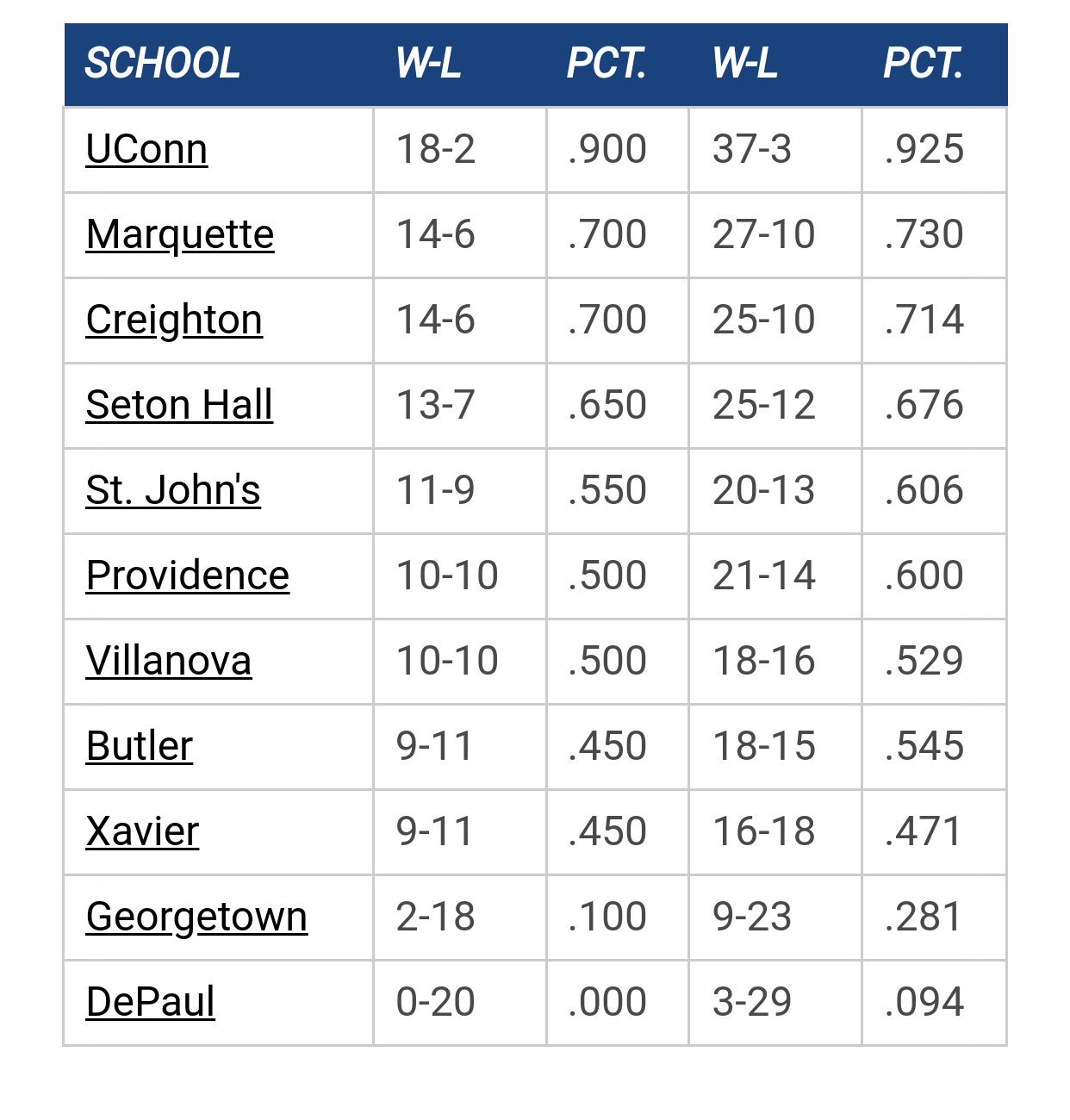- Welcome to MUScoop.
2025-26 Big East Thread by willie warrior
[Today at 03:47:30 AM]
Phillips vs. Militic by MU82
[Today at 12:32:23 AM]
2025-26 College Hoops Thread by Juan Anderson's Mixtape
[March 03, 2026, 11:14:43 PM]
Tiny bright spot by BM1090
[March 03, 2026, 09:35:59 PM]
Marquette Team Rankings by MarquetteMike1977
[March 03, 2026, 07:52:02 PM]
Fun Facts re: DePaul game by WhiteTrash
[March 03, 2026, 06:46:10 PM]
2025-26 Big East Conference TV Schedule by Mr. Nielsen
[March 03, 2026, 06:44:42 PM]
[Today at 03:47:30 AM]
Phillips vs. Militic by MU82
[Today at 12:32:23 AM]
2025-26 College Hoops Thread by Juan Anderson's Mixtape
[March 03, 2026, 11:14:43 PM]
Tiny bright spot by BM1090
[March 03, 2026, 09:35:59 PM]
Marquette Team Rankings by MarquetteMike1977
[March 03, 2026, 07:52:02 PM]
Fun Facts re: DePaul game by WhiteTrash
[March 03, 2026, 06:46:10 PM]
2025-26 Big East Conference TV Schedule by Mr. Nielsen
[March 03, 2026, 06:44:42 PM]
The absolute only thing required for this FREE registration is a valid e-mail address. We keep all your information confidential and will NEVER give or sell it to anyone else.
Login to get rid of this box (and ads) , or signup NOW!
Providence Date/Time: Mar 4, 2026, 6:00pm TV: Peacock / NBC SN(?) Schedule for 2025-26 |
||||||
User actions


